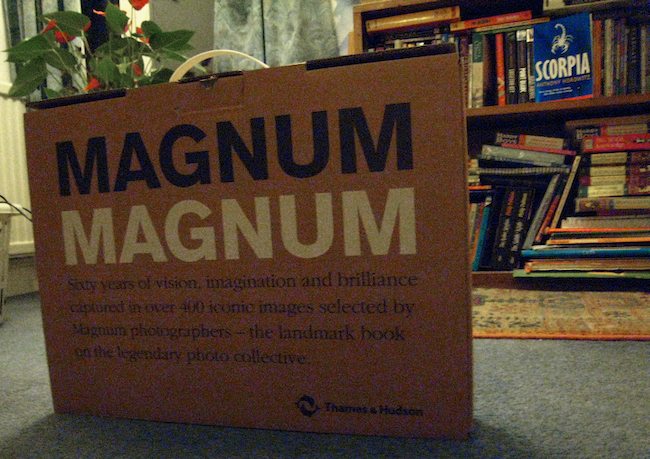The Guardian had an extraordinary report the other day giving the background to the Manchester United Christmas party at which a girl alleges she was raped.
The news travelled fast between the racks of £1,000 Prada dresses and podiums loaded with Louis Vuitton handbags in the Manchester branch of Harvey Nichols. Word had come down from the players at Manchester United that it was time for a “harvest”.
The best looking shop assistants were put on alert to expect an invite to one of the biggest football parties of the year. The same thing happened at Selfridges next door. They may never have met them, but for one night these young women stood a chance of swapping their lives as shop assistants to be the guests of champions, some of whom earn 400 times more than they do.
One by one, the invites for the event came; sometimes directly from a player shopping after training, or from a friend deputised to handpick the most attractive young women to “decorate” their party.
Such “harvests” are a part of a social scene involving footballers and would-be Wags (wives and girlfriends of footballers) which was thrust into a harsh spotlight this week after Jonny Evans, a United player, was accused of the rape of a 26-year-old at the club’s Christmas party.
The article goes on to detail what apparently goes on all the time in Manchester.
One boutique assistant told how two Premiership players tried to entice her back to their hotel to watch pornography. One senior player embarrassed her by parading in her shop wearing only his underpants. Another said she had been pestered by a footballer who refused to take no for an answer.
Several shop assistants from the make-up and handbags section of Selfridges were invited to the United party on Monday night at the Great John Street boutique hotel in the city centre. It was also attended by models, including Louise Cliffe, the one-time Miss Manchester, and others who came from Leeds, Liverpool and London. Events that took place have been unravelled in all their uncomfortable detail in the tabloid press. Yesterday’s newspapers brought allegations that a drunk girl took part in an orgy with several men.
The 15-hour party was closed to the players’ wives and girlfriends and was reportedly described as “very, very sleazy”. Another said girls were being passed around “like pieces of meat”.
The next day, in the same paper, columnist Marina Hyde returned to the story:
Yesterday further revelations about the party surfaced. One “very drunk” woman was “roasted” by five or six men, according to another guest, who told a newspaper that “I asked her if she was OK and she said, ‘Yeah, why wouldn’t I be? They said I was a great shag.'”
Now the interesting thing about this is the way such revolting behaviour is tolerated by the British media — and the society it supposedly serves. If the group of males that indulged in this kind of thing had come from, say, the Parachute Regiment, there would be all hell to pay. Or if it became known that, say, officers in Saddam’s army had sent out scouts to pick up women for a party in which some of them would be effectively gang-raped, then our newspapers would have been frothing with moral indignation about the moral corruption which accompanies absolute power.
But when the athletic cretins of Manchester United next trot out onto the Old Trafford pitch they will continue to receive their normal dose of public adulation. I’m reminded of the old exchange:
Pity the land that has no heroes.
Pity the land that has need of heroes.
And pity, especially, the land that needs heroes like the thugs who currently adorn the so-called ‘premiership’.
Footnote: The Great John Street hotel, which housed the Man U orgy, describes itself thus:
Only a stones throw from Manchester’s most exclusive shopping areas, restaurants and theatres, this original Victorian school house has been transformed into a chic townhouse hotel with unique, individually designed bedrooms and suites alongside stylish lounges and Oyster Bar. The Old School House also boasts stunning entertainment rooms and terraces available for exclusive use for your own tailor made event.
An ‘Opus Grand’ suite costs £395 a night. WiFi available for £10 per day. Apostrophes and hyphens are extra.




